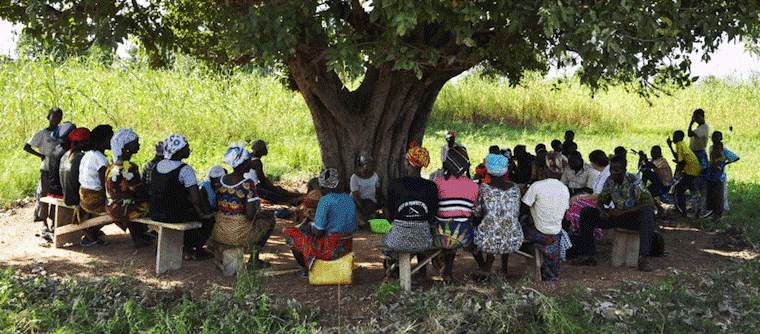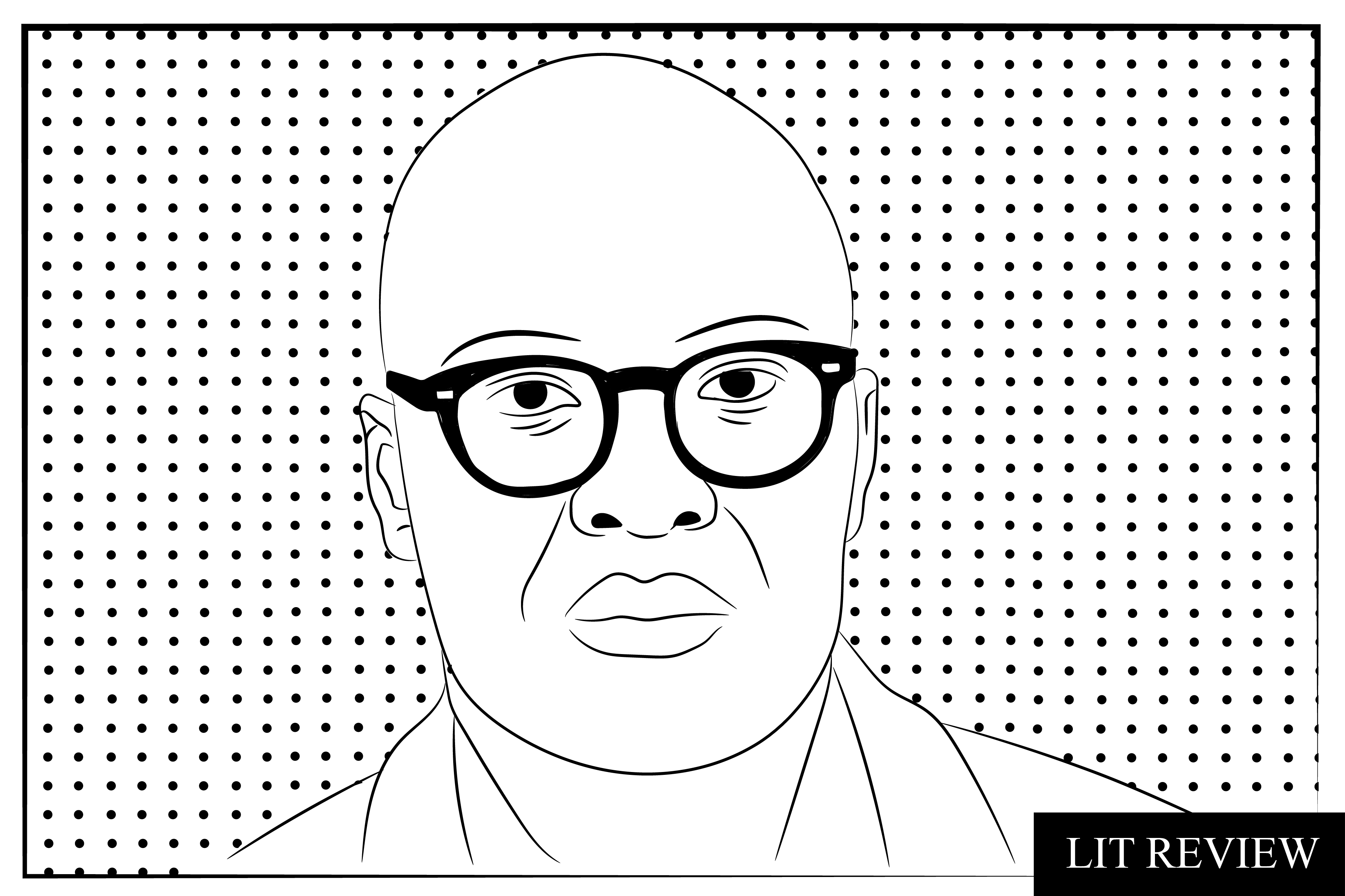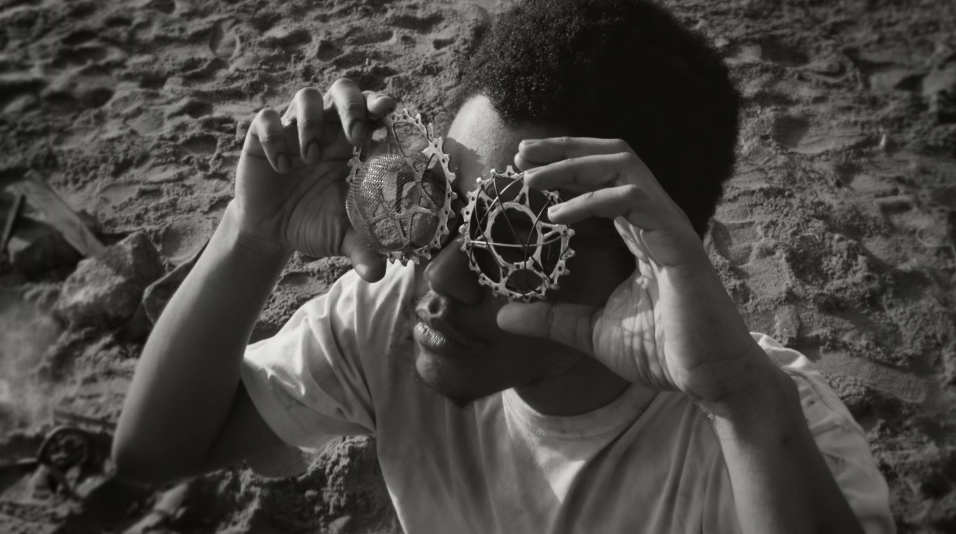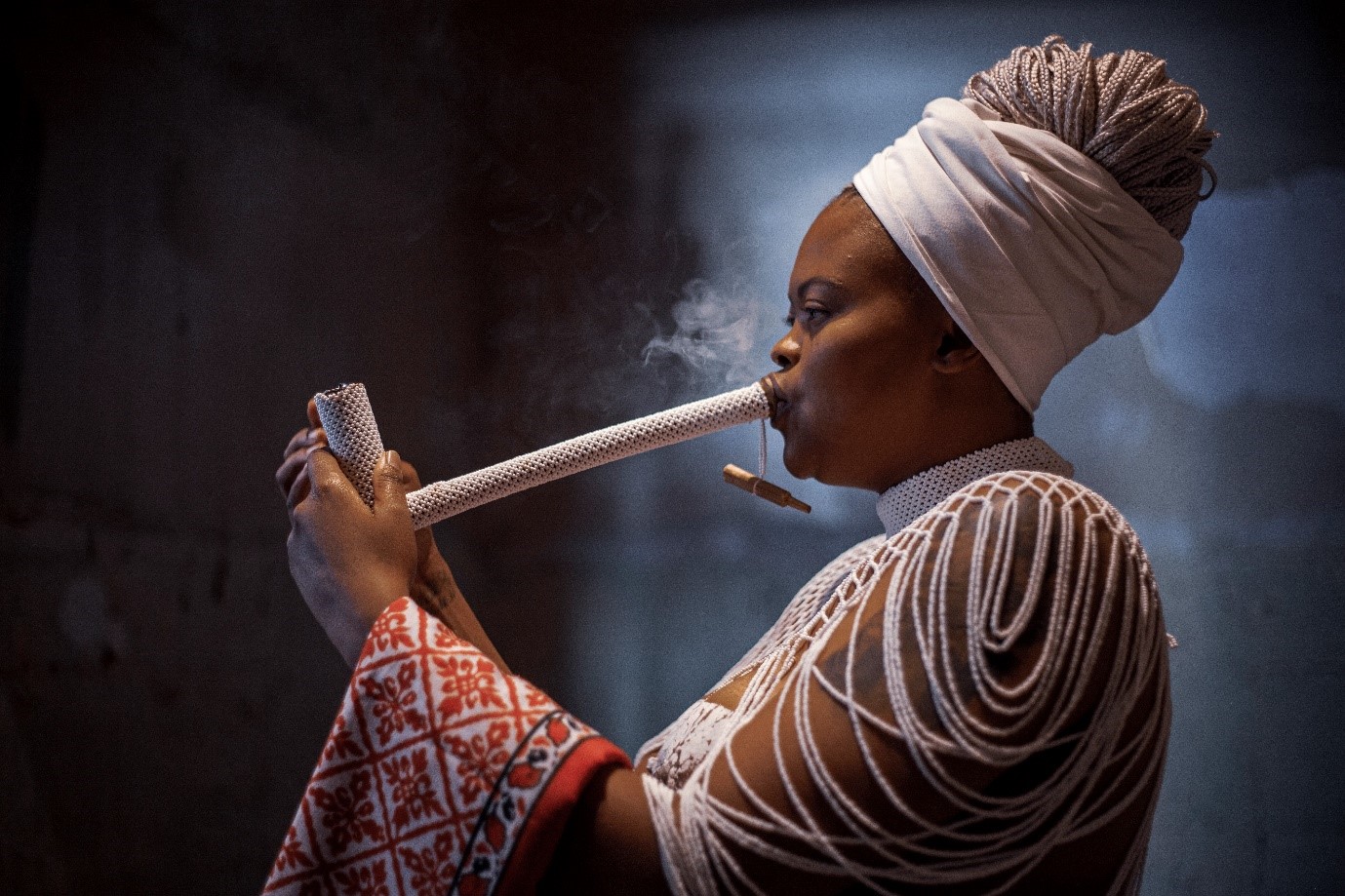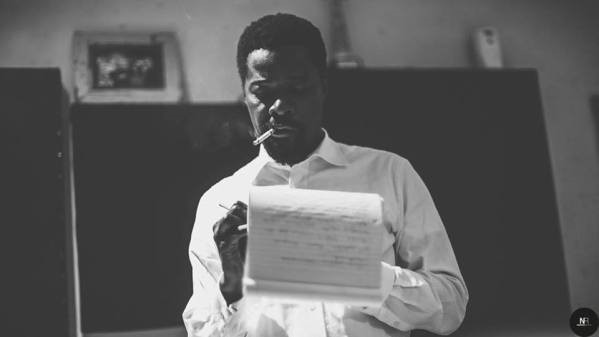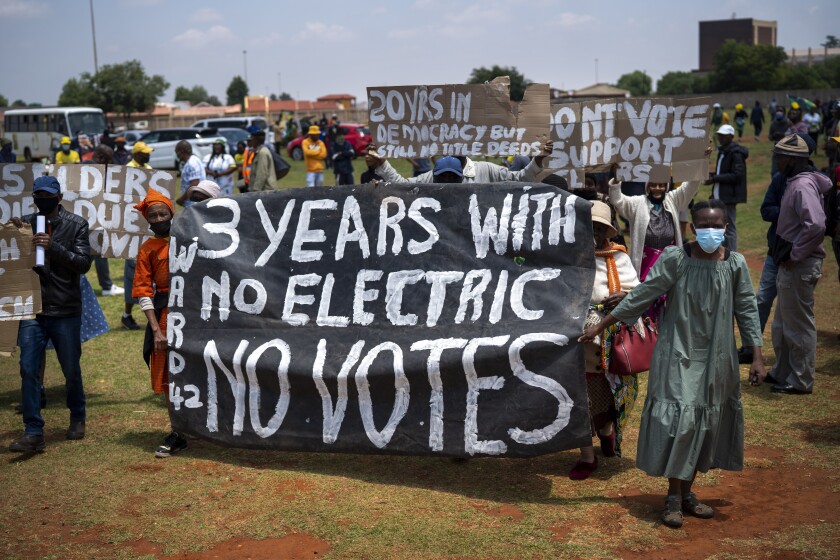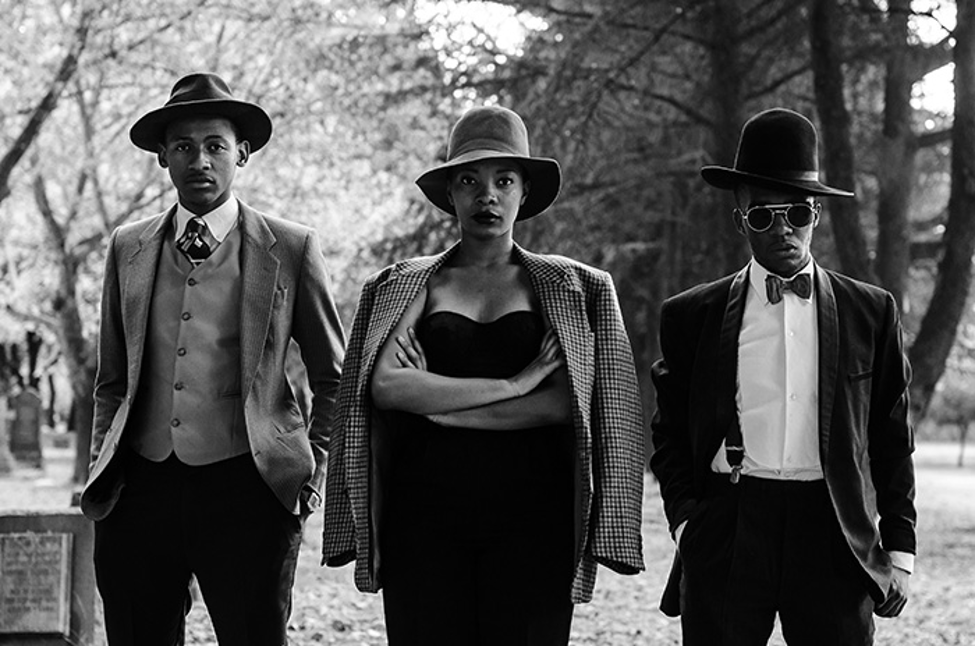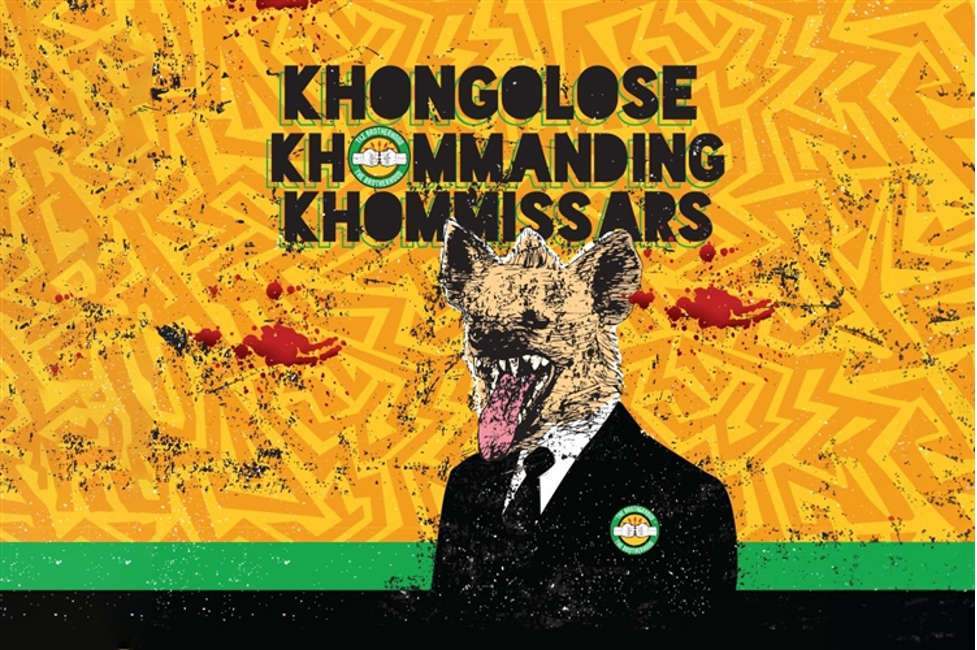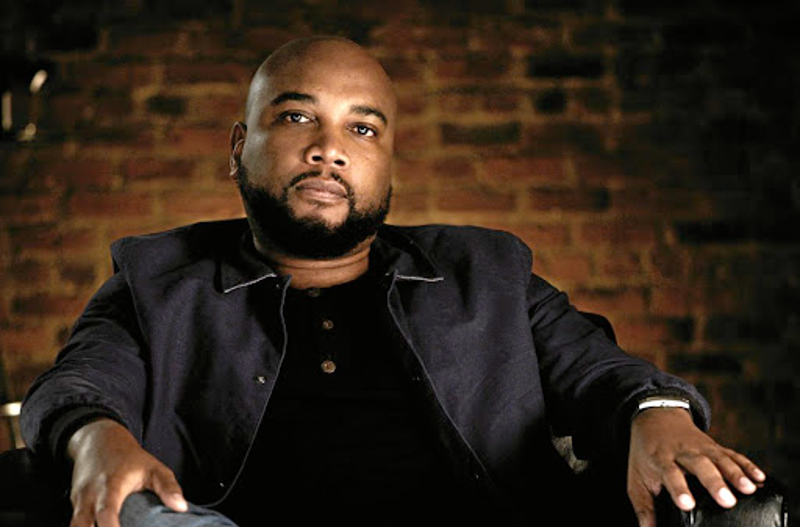“What good is a deed? My grandfathers and great uncles, grandmothers and great aunts, father and mother, broke, tilled, thawed, planted, plucked, raised, burned, broke again. Worked this land all they life, this land that never would be theirs. They worked until they sweated. They sweated until they bled. They bled until they died. Died with the dirt of this same 200 acres under their fingernails. Died clawing at the hard, brown back that would never be theirs. All their deeds undone. Yet this man, this place, this law... say you need a deed. Not deeds.” - Mudbound (2017)
If I cut down a tree, take the wood and make a chair, do I own that chair? Well, it depends on whether it was legal for me to cut down the tree in the first place. If it was legal for me to cut down the tree, then I own the chair, else I have committed a crime. Not only do I not own the chair, I can be punished for having made it.
Under the current Western legal system, on what basis is it legal or illegal to cut down this tree? Without going through centuries of Western philosophy, the basic answer is that someone or some group of people decide the legal status of this tree-cutting and codify it in laws or legal judgements. It is suggested that in a democracy, lawmakers are elected by people, and so laws may carry the will of people. The flaws in this system are many. If I pay the government some money, they might let me cut down the tree, even though it is illegal. I could even pay the lawmakers some money to change the laws. Communities can point out that this is happening. Media can broadcast it. But, as long as these communities are unable to bribe the government themselves, or bring about some revolutionary movement, nothing happens. There are many interests of people that are overruled by our governments, whether we like it or not. If everyone wanted the cutting down of a certain tree to be illegal but a government never makes it illegal, it will remain legal.
The critical question then is what do we do about this? One option is to try become the government and then decide ourselves what is legal and illegal. Part of the problem here is the enormous effort it takes to become the government, to compete against all the forces that convince people not to vote for you, and to find a way to convince people that your actions in government would be in their best interest. Part of the problem is precisely that once we become the government, we are just as susceptible to making the same decisions as the people before us, like taking money from the rich to serve anti-poor interests. We could also change the structure of government, to be more direct, and less representative. But such a change requires the current representatives to bring it about. We can also build up movements about specific laws we wish to change, such as the decriminalisation of sex work, the legalisation of marijuana, or the amendment of Section 25 of the South African constitution. All of these are multi-generational struggles, with communities around the country lobbying the government to change its laws. We can go on endlessly with strategies for improving our governments, none of which necessarily need to be abandoned.
But there is also another option — anarchy. This is to try build up communities that become so capable of self-governing that they are able to reject their government and decide for themselves the status of cutting down the tree. In this world, there is no need for a centralised system of laws. Rather, there is a continuous process of evaluating social values and activities, to ensure that both the will and well-being of people are fulfilled. A person’s first instinct might be to think that such a world is simply impossible. But it is far easier to imagine self-governing communities than it is to imagine non-corrupt governments.
Before we can arrive at this anarchist future, there is a need to explain the flaws in individual property ownership. A large barrier to creating cooperative communities is simply that people want their own property. For as long as many people compete to become owners of limited desirable property, there will be no way to come together as communities. The very people that are meant to come together are in conflict with each other. The deep desire to be a master has undermined severely any prospects for African solidarity.
I wish to explain some of the flaws in current forms of property ownership to convince more people to consider community ownership, and eventually no ownership i.e. anarchism.
The typical way to understand ownership is simply that someone is a legal owner of property. They may have some document which declares them the owner, like a title deed. The owner is supposed to be protected by certain laws. And those laws are supposed to be enforced by the state police. Ownership could be explained also as security. An owner is someone who is entitled to the security of what they claim to possess.
But, on a more practical level, it goes further than security, especially since security is impossible to guarantee. An owner is able to seek recourse if their property is stolen. While the state consistently fails to secure property, it can try to do something after-the-fact about things like theft, burglary, vandalism, trespassing etc. which are ways of interacting with property which undermine the owner’s ownership. So, in the most real sense, an owner of a property is someone who is able to seek recourse for the undermining of their property.
But, in the real world, there are obvious impracticalities to this system. For instance, when someone forcibly mugs my phone from me in the middle of the inner-city, the chances of me getting recourse are slim. I may not have seen the person who took it. The police may be unable to track them down, even if I did. I am supposed to be the owner of that cell phone but I am unable to secure it and once stolen, I am unable to pursue recourse. Such transferral of property, through theft, is very common.
Technically, I am still the owner of that cell phone. Even years after it has been stolen, I still have the legal claim to that cell phone. But that does very little for me. I will likely forget all about that phone and be forced to find a way to purchase another one. So, did having the right to own that phone help me in any way?
Systems of ownership depend first on the letter of the law and second on the capacity/interest for security and recourse to carry out that letter. There are flaws here. What happens when we can’t even find the person who stole my cell phone? Nothing happens.
In fact, a lot of the time, nothing happens. The system of property ownership fails consistently and achieves no recourse. A lack of public security is a common part of real life. So is being scammed of one’s money. So is government corruption. The legal system declared all of these events as crimes, but the institutions which are meant to provide recourse to people simply fail. Many of these institutions are built to fail people because they only serve the powerful.
To reach a point where your own property is protected will require you to have enough money to live in areas protected by private security, such as affluent suburbs. It would seem the goal of many people today is to try guarantee their safety by living in securitised suburbs. Such people are not interested in the government, in making it better, or in ensuring that all people are protected. For them, a government should simply not interfere with their private security, and in fact should divert even more resources to the private sector.
In my years in university, I scarcely met someone who did not one day want to live in an affluent suburb protected by private security. This elite class of people, who have certainly lost faith in the state police, are working as hard as they may to be employed in a place that pays them enough to live in a securitised suburb, even if they can only live there by assigning themselves to a life of debt. They are so desperate to protect their property that they consign themselves to debt, and so have little actual property ownership at all.
It is counter-intuitive. If someone wants something of their own, to hold and to cherish — to hold up and say “this is mine!” — then they should avoid immense debt, which is the exact opposite of what they want. We are in a situation now where the desperation for security has made people give off much of their salaries to an increasingly centralised few property owners. This has led to wealth centralising. Who owns the property in these suburbs that our people are going through great pains to live in? Who owns all the debt that we are racking up? Who owns this tree?
It is certainly not us. Ownership is a myth in this set up. We are simply consigning ourselves to serving the interests of the wealthy, to increasing their power. The very power that they use to bribe our governments and pass policies that hurt us. You will find many middle to upper class people protesting in the streets against a government policy, like fossil fuel extraction, but back at home, they are paying a bond to a bank or capitalist who bribes the government to keep extracting fossil fuels. Here, the problem is this person is so interested in supporting the capitalist system for their self-interest that they don’t realise they play a role in maintaining the very problem they are protesting against.
Anarchism is a challenge to us all, to change the ways in which we live. To abandon the desire to give more money to banks and capitalists, and instead to build up our communities. We are not owners of property. We are employees of wealthy capitalist corporations who give away much of our salaries to these same wealthy capitalists, to feel a sense of security, while we leave everyone else to suffer. But we can change our ways. We can own the tree.
There are three first steps to follow to realise our anarchist vision. The first is to form mutual aid community groups. Here, people give off whatever resources or services they can for the good of the community and receive resources and services from others in the community. Communities can also collaborate on projects, such as food gardens through the input of the collective. Mutual aid is powerful because it relies on people, rather than systems. But such mutual aid requires an active attempt to work together, and to recruit more people.
The second is to establish co-operatives and pool resources together for large common goals, like getting buildings for shelter or operations. It is not possible to end homelessness and the reliance on rent if we don’t start to own buildings, as communities. Short of marching in and seizing property, community co-operatives are the best way we can take over buildings. A small group of higher-earning employees can save money together and get a building to help out their community. An even larger group of lower-earning employees can achieve the same. Such community co-saving will require individual sacrifices and determination, but the rewards are great.
The third is to form safety forums, where community members participate in community-watching, safety patrols, community confrontations, and take collective responsibility for ensuring the safety of their community. As long as people are divided, it is easy for communities to break down and harm each other. Reducing community harm starts with bringing people together and watching each other’s back. No initiative to improve our communities will work if there are strong elements of violence and harm.
An African anarchism is the recognition of our shared humanity, a rejection of imposed Western legal systems, private security and the impulse to become owners of property. Instead, perhaps, we can imagine that no one owns the tree.
The African Anarchism Series is a collection of essays to develop African anarchist literature.

